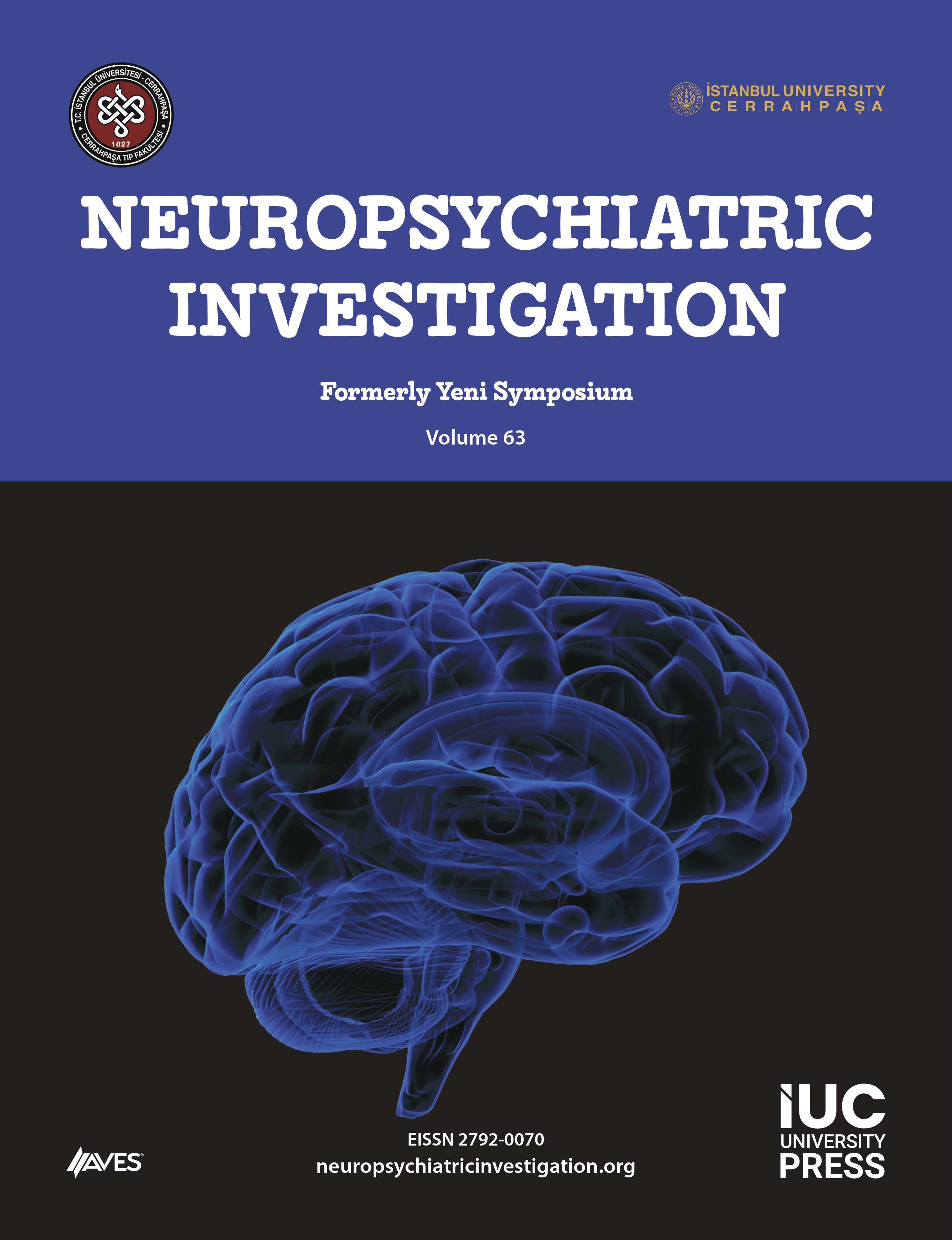It is reported that between 20% and 25% of patients have schizophrenia that is resistant to treatment. The treatment resistance in schizophrenia is defined by many authorities. One of the generally accepted definitions is inadequate response despite treatment with different atypical antipsychotics, two or three times at least four-six weeks; the other acceptable one is although the use of two different typical or atypical antipsychotics in monotherapy during four-six weeks, inadequate treatment response is obtained. Duratian of hospitalization in treatment resistant cases is longer. In addition, when considering all the expenses and loss of functions, the cost of resistant cases to society is higher. 60 years old, women patient. She was hospitalized from emergency department where she came with his son, because of denial of treatment and homicidal intent. It is learned that age of onset was 24, disease began in a postpartum period, she was diagnosed with schizophrenia and she had 60 hospitalizations. Although clozapine, haloperidol, amisulpiride, risperidone, olanzapine, aripiprazole, quetiapine, chlorpromazine, sulpiride, zuclopenthixol, fluphenazine, lithium and valproate were used adequate doses and time; a total of 342 ECT sessions were administered; response or partial response was achieved, she had not achieved long-term functioning and well-being. In the most recent admission, she had significant improvement with clozapine 275 mg/day and valproat 1000 mg/day. Despite all treatment efforts, schizophrenic patient with excessive admissions and frequent recurrences is discussed.




.png)